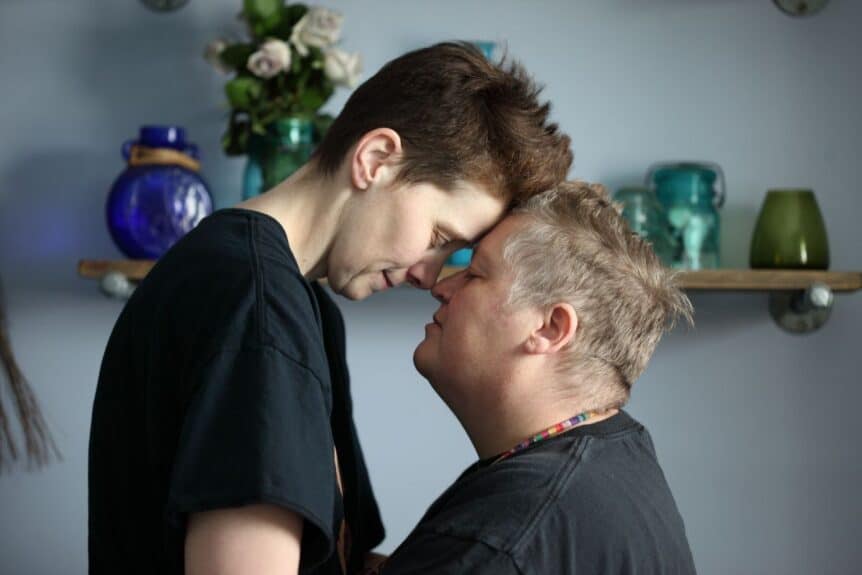Relationship counselling can be a beneficial tool for couples looking to improve their connection. In fact, relationship counselling is one of the most effective ways to strengthen communication and decrease conflict. You can learn many things in relationship counselling, including how to make decisions together, how to feel comfortable having difficult conversations with your partner, and how to give and receive feedback. Get a closer look at some of the most important things you can learn in a relationship counselling session.
7 lessons from relationship counselling
1. How to make decisions together
Making decisions as a team can be difficult — especially if one partner tends to dominate the decision-making process or if there are disagreements about the best course of action. Counselling for relationships will teach you communication techniques and problem-solving strategies to help you work through your differences and find solutions that both partners can agree on. Additionally, a relationship counsellor can help you identify any underlying concerns that may be causing a rift, and provide guidance on how to address them. Learning how to make decisions together can ultimately lead to a stronger, more fulfilling relationship.
2. How to feel comfortable having difficult conversations with your partner.
You may be used to having difficult conversations with family, friends, or colleagues. But does it feel like you freeze when it comes to your partner? This is a normal reaction to confrontation. A counsellor can teach you active listening techniques and tools for effectively expressing your feelings. With these tools, you can feel more comfortable and confident when having difficult conversations with your partner.
3. How to give and receive feedback
A skilled counsellor can help you develop communication skills for providing honest feedback without causing harm. It’s essential to be specific when giving feedback. Rather than sugarcoat your words or hold back, it’s more productive, to be honest about what bothers you. This specificity can help the other person understand exactly what needs to change and how they can improve. Learning how to give and receive feedback in a constructive way can be a game-changer for any relationship. By being direct yet respectful, you can build stronger, healthier connections with your partner.
4. When and how to set boundaries
When it comes to building healthy relationships, boundaries are crucial. They communicate what you will and won’t tolerate in your relationship, helping both partners feel safe, respected, and heard. However, knowing when and how to set boundaries can be challenging, especially if you’re not used to prioritizing your needs. Couples counselling can help you learn how to identify and communicate your boundaries effectively. You’ll learn when it’s appropriate to set a boundary and how to enforce it in a way that preserves the relationship. A counsellor can help you explore boundaries most important to you.
5. How to manage conflict in a healthy way
Conflict is a normal part of life. But how you manage it can make all the difference in the health and longevity of your relationship. Relationship counselling can help you learn how to manage conflict in a constructive way, without resorting to behaviours like blame, criticism, or avoidance. You’ll learn how to communicate your needs and feelings effectively, how to listen actively and empathetically, and how to find solutions that work for everyone. With the help of a skilled counsellor, you can learn how to turn conflict into an opportunity for growth and a more profound connection — rather than a source of stress and frustration. So you’ll be better equipped to handle any challenges in your relationships, both now and in the future.
6. The importance of compromise
You’ll learn that compromise is key in a healthy relationship. Compromise is all about finding a middle ground, and it can happen in many different ways. Sometimes compromise means giving something up for your partner, or changing your lifestyle for your partner’s needs. Others might require both parties to make sacrifices for the greater good of your relationship. A skilled counsellor will help both parties compromise without feeling like they’re bending their values.
7. How you can be the best partner for each other
The best couples counsellors will help you to understand what your partner needs from you, and how you can meet those needs. Counselling will teach you complementary skills, including listening, supporting each other, open communication, and patience when things aren’t going as planned. These skills help both partners deepen their understanding of how to show up for each other. Counselling also teaches forgiveness when there are, inevitably, mistakes made by either party.
Learn how to be a better partner in relationship counselling
Counselling allows you to understand yourself and your partner better. It can also help you get ahead and resolve concerns before they become problematic. Experience affordable online couples relationship counselling and relationship counselling — available on your schedule. Get matched with a counsellor today.

